Happy Valentines Day! About 3 1/2 years ago I was serving as Music Technology chair on our state music teachers association board. I wrote an article that was published in our state’s MusicGram that I thought would be fitting to share for Tech Tuesday. Enjoy…
Music Technology- It Doesn’t Have To Be Complicated
Jennifer Foxx
August 29, 2008
Sometimes we make things much more complicated than they really are. This is so true when it comes to music technology. Technology can be complicated, it can be overwhelming and it can be confusing. But does it need to be? No.
This year ASMTA is going to focus on using Practical Technology in our music studios. Practical Technology is for teachers who want to dip their toe in the water, for teachers who are looking for more ideas to what they are currently doing, and for teachers who have perhaps rejected the idea in the past but are now open to new possibilities.
Chances are you are already using some form of technology in your studio and you didn’t even realize it. CD players, tape or digital recorders, video cameras, accompaniment disks, computers, keyboards, digital metronome, IPods, the internet- all of these are example of some of the technology tools many teachers already take advantage of.
Starting a computer lab might seem overwhelming, but remember – start simple. You don’t need to have everything all at once. Many teachers start their labs with a single program. Over time as you familiarize yourself with the tools it’s easy to add a little more at a time. If you already have a computer it doesn’t take much more to incorporate a computer lab in your studio. There are many free and affordable resources on the internet such as www.ClassicsForKids.com and www.MusicLearningCommunity.com. These resources can offer many software titles that won’t break the bank, yet can provide numerous benefits for your students.
Another great internet site to help you with your music technology and software needs is www.KeysToImagination.com. Michelle Sisler, who runs the Keys to Imagination website, has written a fabulous book, Studio Makeover: Technology “Addition”. This book covers building a studio lab from the ground up.
Marci Pittman, a piano teacher from Chico, California, has her private students spend fifteen minutes at each lesson practicing music theory in her computer lab. The software they use reinforces musical concepts and strengthens the students’ note reading, rhythm, and listening skills. “Our students are growing up in an age of technology and they use it more than any generation before them. As a piano teacher, I want to use technology as a tool to enhance the study of the language of music in lessons and in the computer lab independently.”
In addition to theory software, Pittman supplements her lessons with a series of music history CD-ROMs. “The music history and great composer CD-ROMs give multimedia presentations of the periods of music history and the composers who lived during them, all the while using musical examples from that time period or composer,” said Pittman.
D’Net Layton, a member of ASMTA in Mesa, uses Finale’s Print Music program to make piano arrangements for her students. She also has her students notate their own compositions for the Desert Valley Music Teachers Association Composition Festival. “After students are finished with their composition, we take things a step further. Using a picture that the student drew, or an image we found on the internet, we design a cover for the composition. The students are then presented with a beautiful piece of sheet music. I love the look in my students’ eyes when they see their composition ‘published’ for all to see!”
Digital pianos and keyboards are a great way for students to explore new musical possibilities. These tools make it possible for students to play with background accompaniments and record their pieces. Students enjoy playing in ensembles, using different sounds as they play along with an orchestra or band. Many teachers use the built-in rhythm features to reinforce good rhythm and listening skills.
Genny Rafferty, an ASMTA member located in Peoria, takes these tools to another level. She uses her digital piano to record accompaniments and parts for her voice students, then burns CD’s on her laptop computer. Her students are then able to practice with the CD’s at home. Rafferty also records her students’ performances and provides a CD that can be shared with their families and friends. Rafferty explained, “I think that piano teachers have a unique opportunity today. Never before has such a breadth of media and technology been available for use in our studios. Much of it is right at our fingertips!”
MIDI Disks have proven to be a great Practical Technology tool that can help students when learning a piece. Many publishers include MIDI disks that accompany their method books. Marcia Vahl, a piano teacher from Maple Grove, MN, uses a digital keyboard to play MIDI disks provided with the Piano Adventures method series to help her students play at a good performance tempo.
“I love using the Piano Adventures MIDI accompaniment disks with a student who is not able to keep a steady beat or makes a lot of rhythm mistakes. It instantly shows the student what their error is and helps them get on track. They always respond positively to orchestrated accompaniments and the arrangements help them internalize the steady beat,” said Vahl.
Practical Technology doesn’t have to be expensive, it doesn’t have to be overwhelming and it should never take over the lessons. Practical Technology can give students that extra boost that they might need when they are experiencing burnout. These tools can serve as a great supplement in preparing for the Arizona Study Program, Guild, College exams, and other achievement programs. Music Technology is not meant to replace the teacher and should never be used as such. Instead it should serve as a beneficial teaching tool and help enhance the learning that is provided by the teacher.
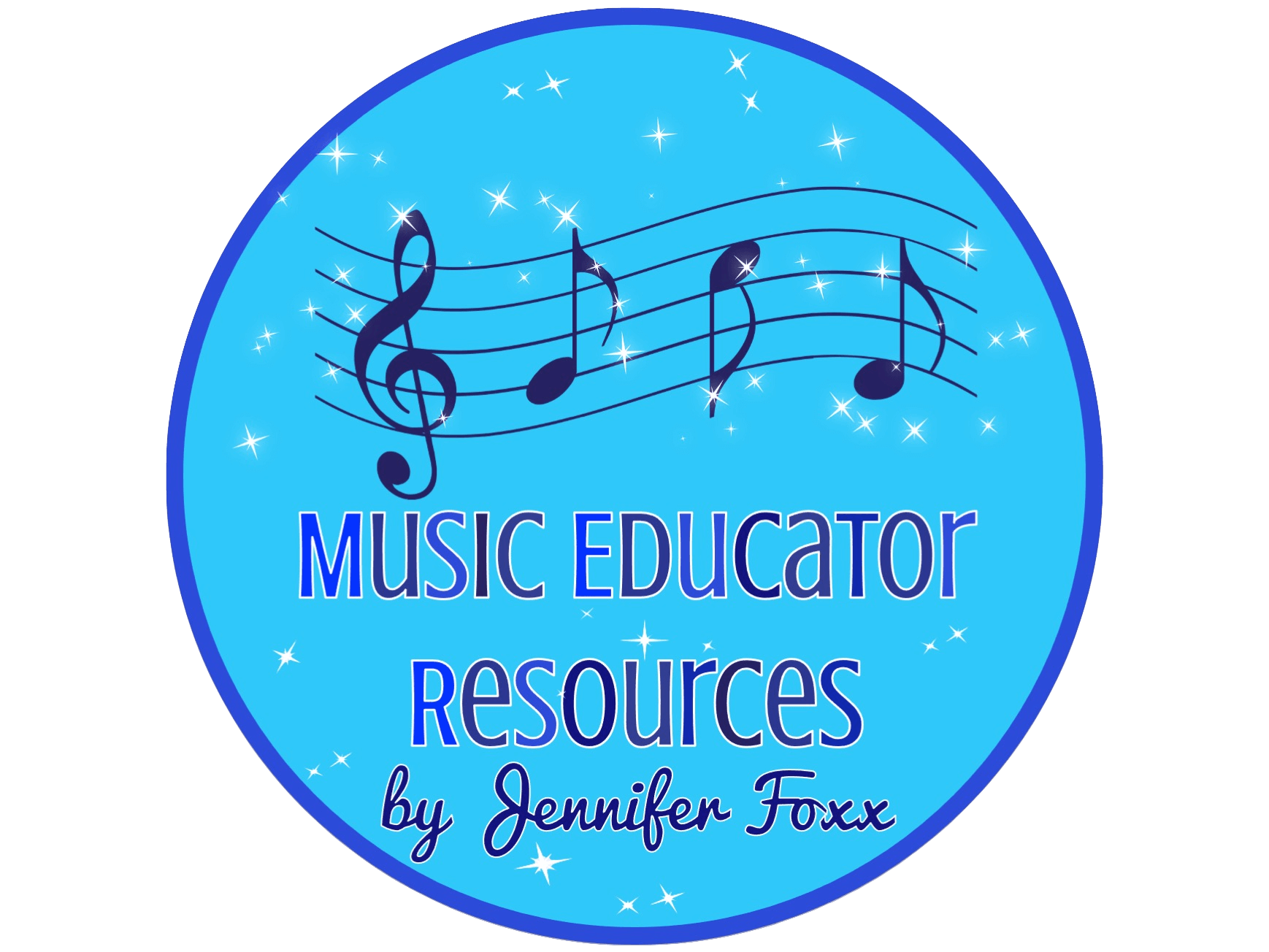

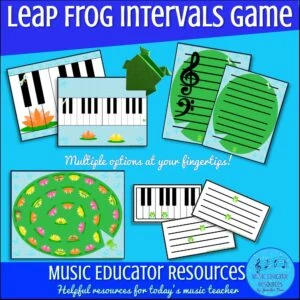
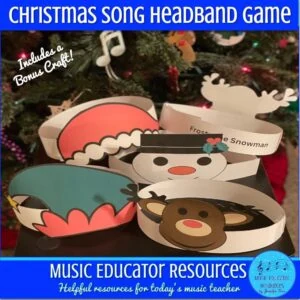
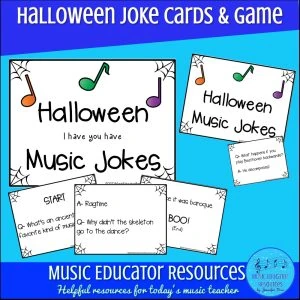
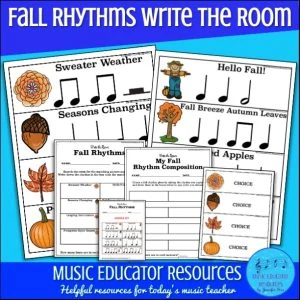
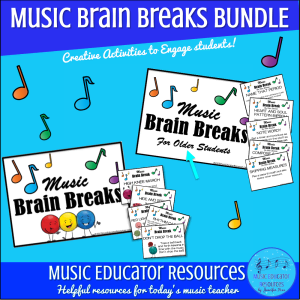
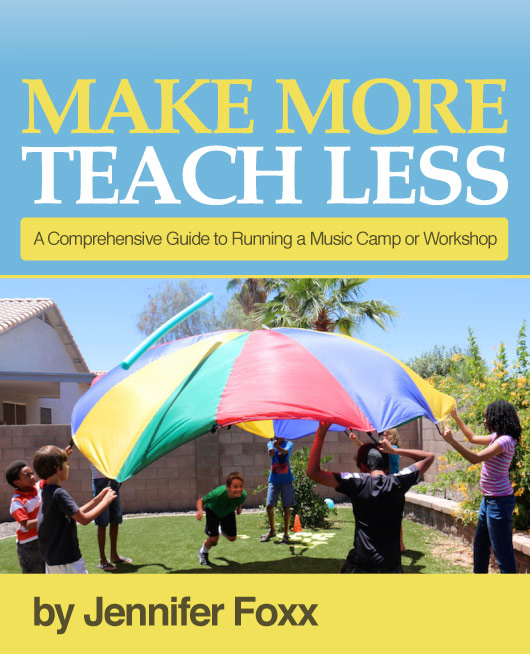
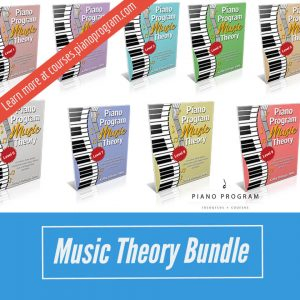
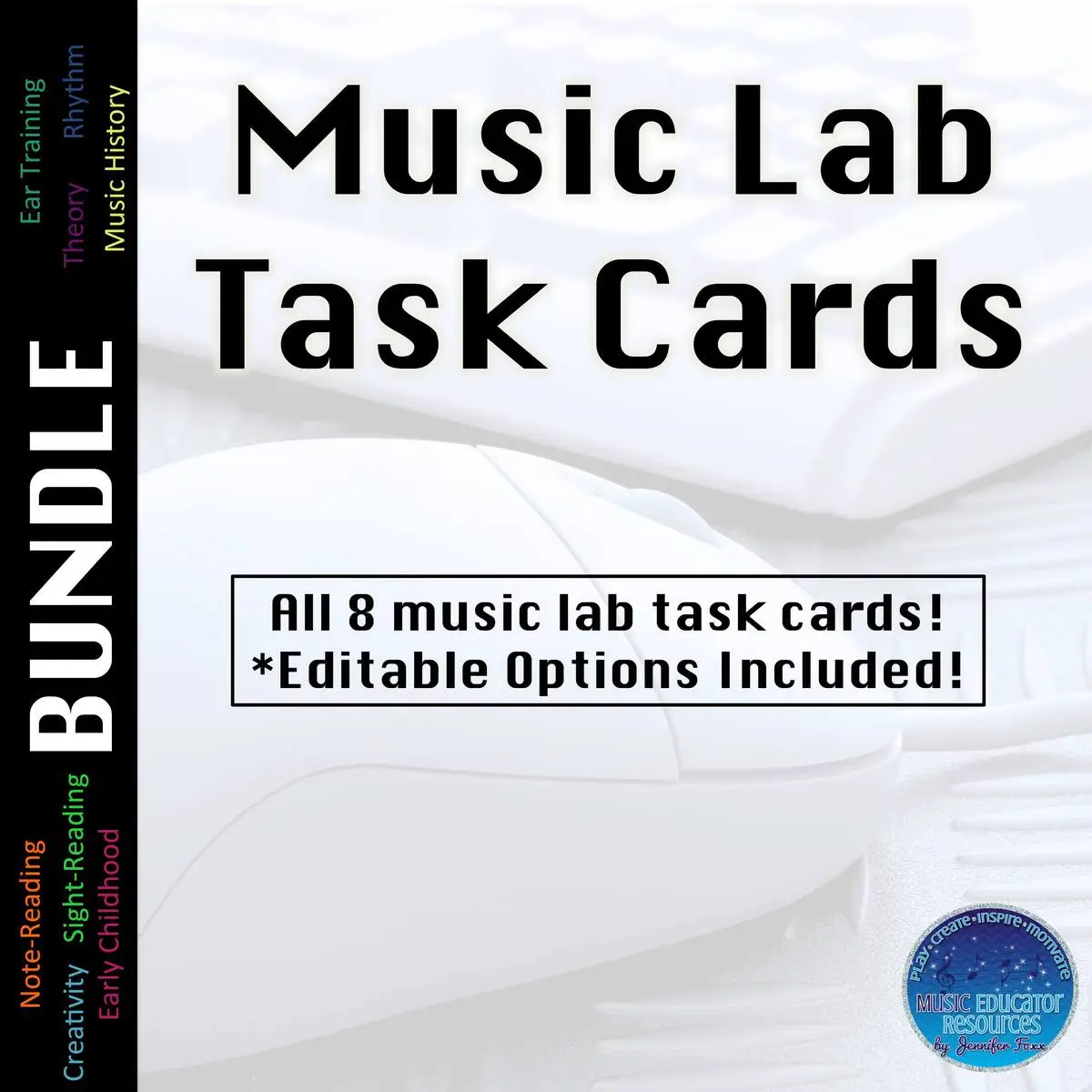
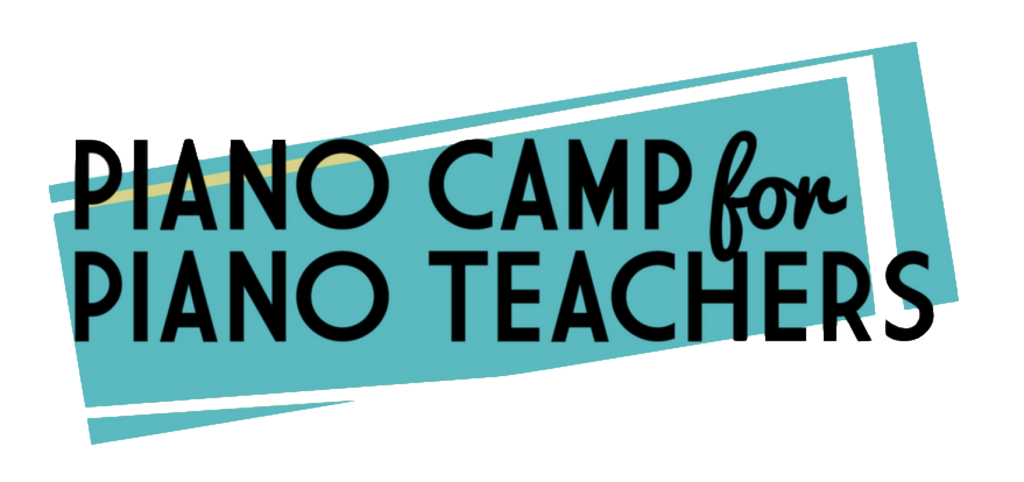
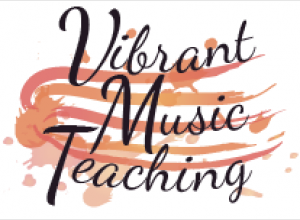

Thanks so much for this article, Jennifer. I’ve dreamed of doing a lab but hesitate because I worry the students won’t be able to manage on their own. What age minimum would you advise? Thanks again.
I start my students in lab when they are 7 years old. I have found they start to get more independent at that age. Any younger they usually need help.
Thanks, Jennifer!
Thanks, Jennifer. I really enjoy your blog.
Hi Jennifer. I just found your blog and it is very informative and helpful! Do you feel the Music Learning Community site is appropriate for teen/adult learners? I would like to add a lab to lessons and found the Music Learning Community site, but it seems suited for a younger age group, and perhaps very game-oriented (at least from general review). I would like to be very selective and instructive in lab time, for both adult and younger learners; but, I am not quite ready to make the leap to the IPAD quite yet.
Hi Jennifer, glad you found the blog! Welcome! 🙂 While some of my adult and teenagers have used MLC, it is geared towards the younger elementary age students. Yes, it is all games. I wouldn’t’ use their entire lab time on it necessarily, but if you have a teacher subscription, you can certainly add them to your student list. Some of my adults have enjoyed it and some of the games are definitely not easy. I would at the very least sign up for the free trial and then go from there.